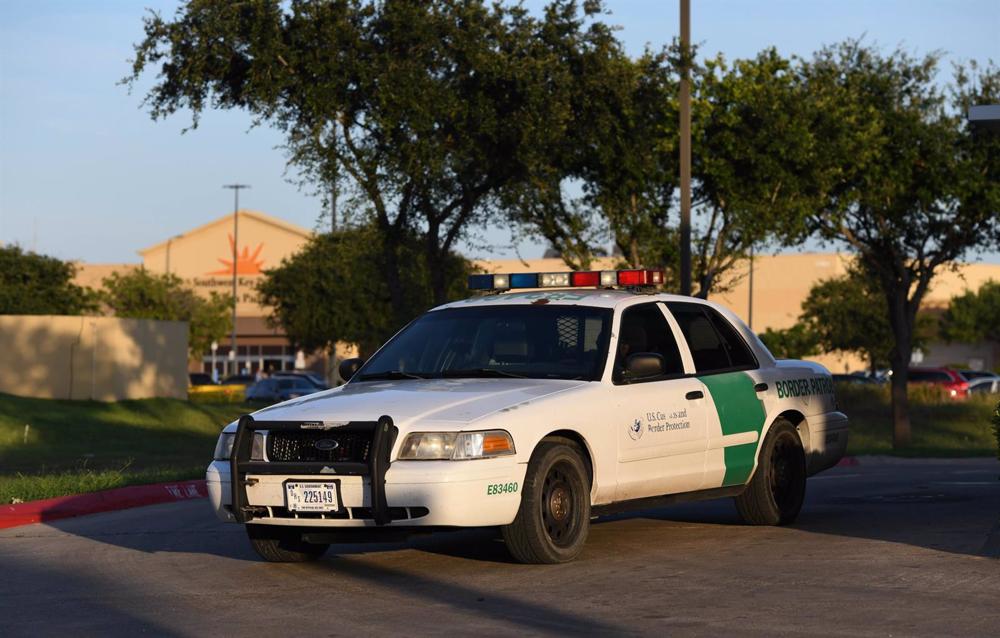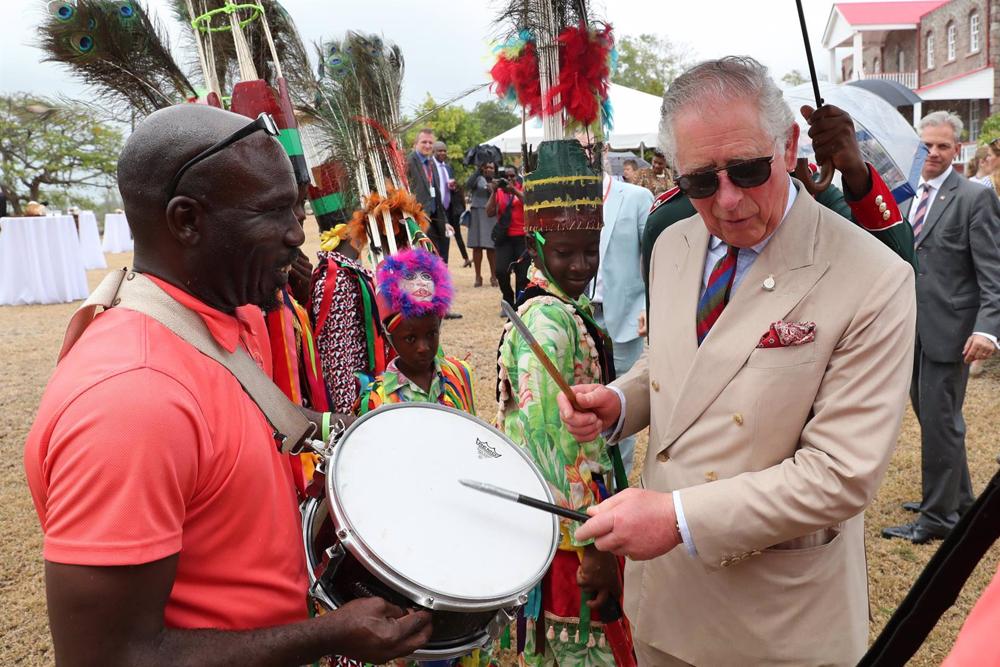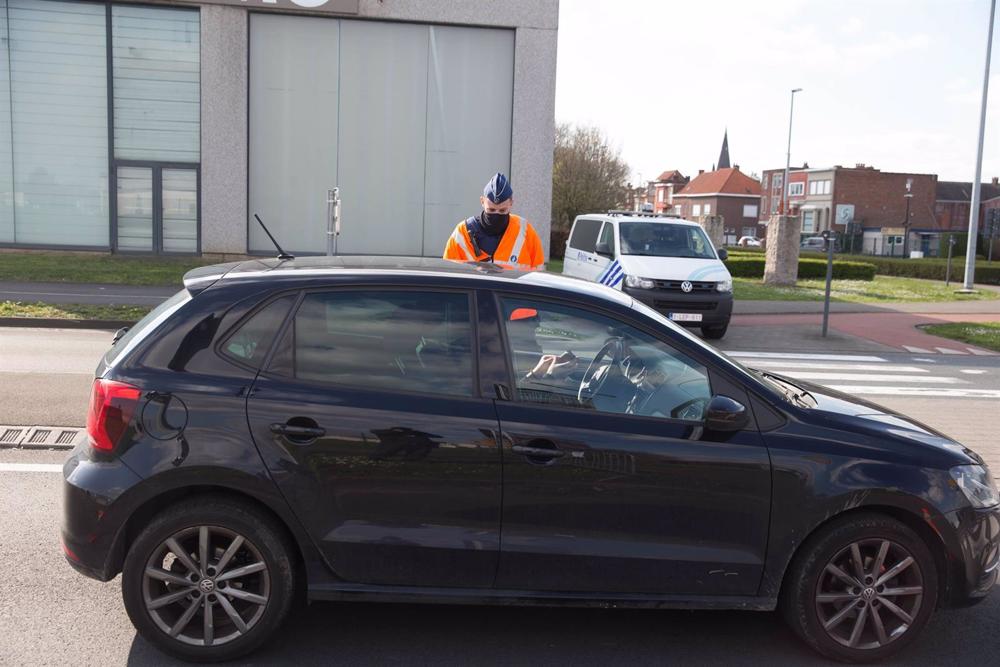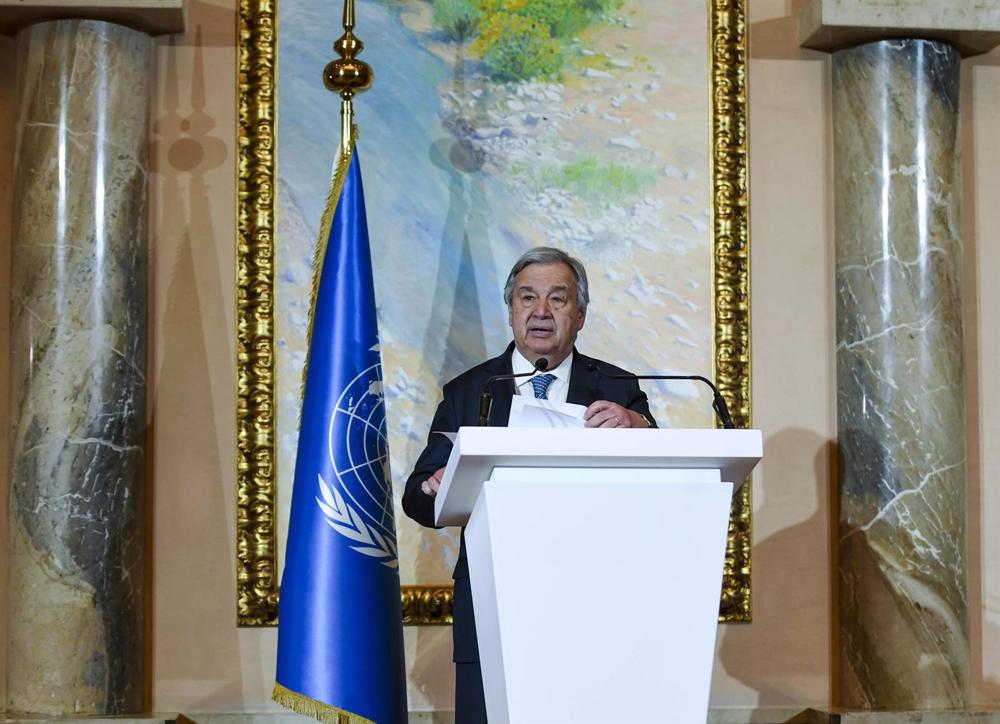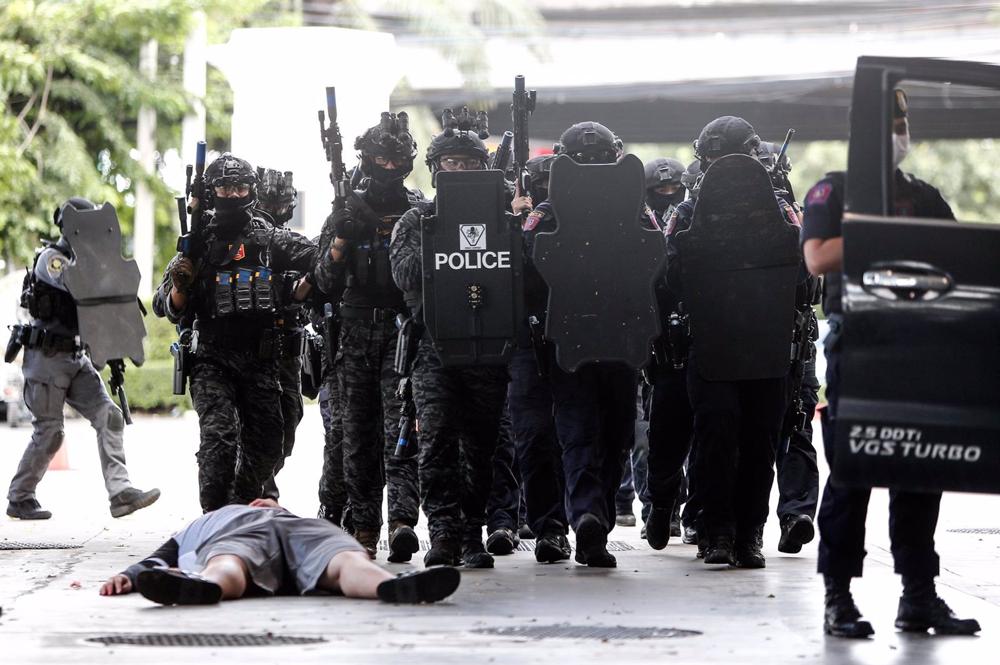
The NGO Human Right Watch (HRW) has called the alleged car bombing of a police compound in southern Thailand a «disregard for the lives of civilians» as well as a violation of international humanitarian law.
Thai authorities reported Tuesday that at least one person was killed and 31 others were injured when a man wearing a uniform similar to police uniforms drove a vehicle into the compound which subsequently exploded. Of the victims, thirteen are police officers and 18 civilians, including three minors.
«The unlawful bombing of an apartment building packed with police and their families appeared to be aimed at causing the greatest possible loss of civilian life,» said HRW’s Asia director, Elaine Pearson.
The NGO points out that, as the car bomb was allegedly planted by suspected separatist insurgents, those responsible for organizing and carrying out such attacks «must be brought to justice».
Thai provincial police in the south are not involved in counterinsurgency operations and are civilians, not combatants, under the laws of war, Human Rights Watch recalls.
Pearson urged that those responsible for the attack be investigated «for apparent war crimes,» as deliberate attacks against civilians are prohibited under the laws of war, so if they are carried out with criminal intent they must be investigated as such.
HRW has reiterated its historic condemnation of the numerous violations of the laws of war by separatist insurgents in Thailand’s southern border provinces, a conflict that has raged for the past 18 years.
The organization has also indicated that it remains «deeply concerned» about human rights violations by the security forces and militias of the Thai Executive, guilty of summary killings or enforced disappearances, in the context of the alleged insurgency of Malay Muslims.
«The Thai government must recognize that as long as Thai security forces can commit abuses against ethnic Malay Muslims with impunity, armed separatist groups will exploit that to try to justify unlawful attacks,» Pearson added, criticizing the «entrenched culture of impunity.»
